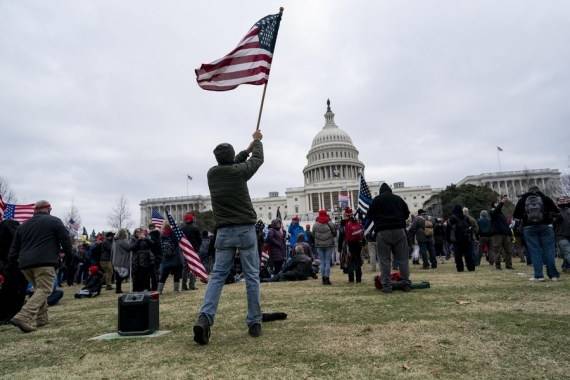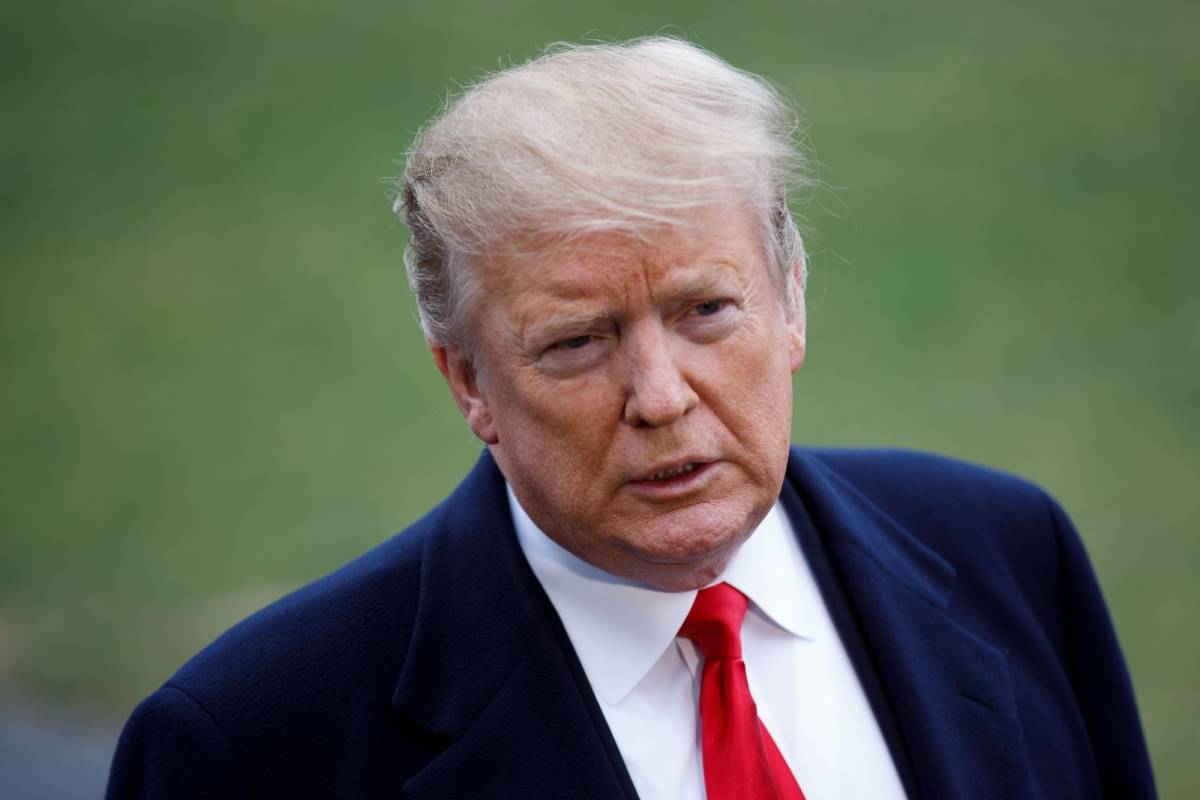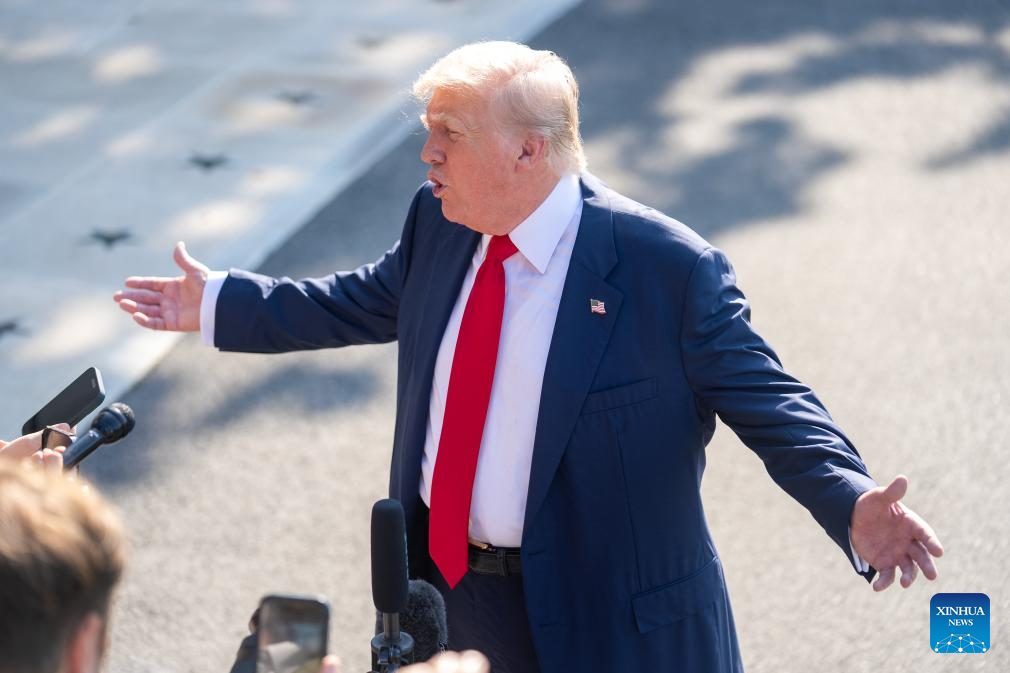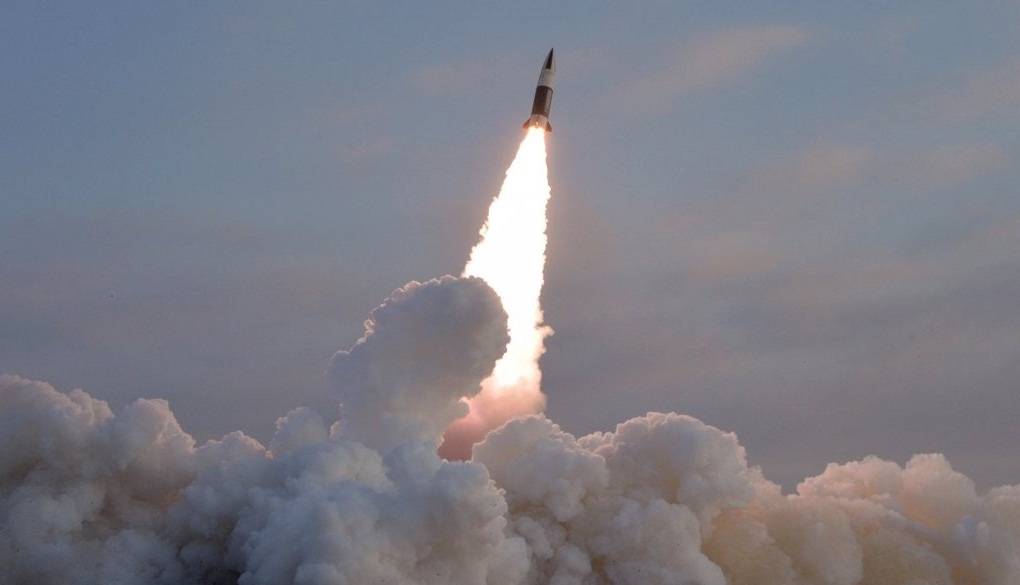Trump’s allies and supporters have charged the inquiry as a political “witch hunt” designed to tarnish the former president as well as the Republican Party….reports Asian Lite News
Two former White House aides to then US President Donald Trump will reportedly testify at Thursday’s primetime hearing to be held by the House select committee to investigate the January 6 Capitol attack last year, especially Trump’s inaction when the riot unfolded.
Matthew Pottinger, former deputy national security adviser, and Sarah Matthews, former deputy press secretary, resigned on January 6, 2021, shortly after a swarm of Trump’s supporters stormed the Capitol in Washington, D.C., and disrupted a joint session of Congress certificating the 2020 presidential election results.
The select panel led by Democrats required the US Secret Service last week to provide information about the agency’s text messages on Jan. 5-6, 2021, which were reportedly erased, Xinhua news agency reported.
Trump’s allies and supporters have charged the inquiry as a political “witch hunt” designed to tarnish the former president as well as the Republican Party.
The session on Thursday will be the committee’s eighth public hearing.
The next hearing of January 6 insurrection on Capitol Hills is expected to be a blockbuster even as former US President Donald Trump walks free from impeachment by the Senate as it fails to muster 2/3rds majority needed to convict him of a dramatic “coup” inciting a mob to attack the Congress building.

The Senate failed even as 10 republicans voted against him in the house and 7 in the senate, but fell short of 17 Republican votes to convict him in just one chamber.
The House select committee’s January 6 hearings have so far exceeded all of our expectations. They have told the American people a gripping story of Trump’s attempted coup — one packed with new details that seem to have swayed public opinion.
The committee’s task for its next hearing is to continue confronting its toughest obstacle: amassing conclusive evidence of Trump’s intent to overturn the 2020 election on January 6, according to an analyst.
“As veterans of congressional investigations with over a half-century of experience between us, our expectations were high before these hearings began. After all, the January 6 committee was addressing the country’s first attempted coup led by a president, the first attack on the Capitol since the War of 1812 and the greatest domestic attack on our democracy and country since the Civil War. There could be no more important topic,” he said.
“We also had high expectations given the exceptional track record of the committee members, including Reps. Adam Schiff and Jamie Raskin, who led the first and second impeachments against Trump; Rep. Zoe Lofgren, whose experience stretches back to Watergate; the incomparable Rep. Liz Cheney; and the decades-long congressional experience of Chairman Bennie Thompson,” he added.
The hearings opened with the baseline of a federal judge’s findings that Trump was likely involved in at least two potential crimes: conspiracy to defraud the US and obstruction of Congress.
The hearings have materially advanced the proof of these offenses beyond a reasonable doubt. In the first five hearings, the committee methodically established that Trump knew he lost the election, with the likes of former Attorney General Bill Barr testifying that he told the former president that his claims of election theft were “bulls**t”.
The committee showed that Trump sought to procure non-existent votes, with Georgia Secretary of State Brad Raffensperger testifying about Trump’s pressure to get him to “find 11,780 votes”.
The hearings substantiated Trump’s direct involvement in procuring an alternate slate of fraudulent electors through the testimony of live witnesses like Arizona House Speaker Rusty Bowers and videotaped ones from Republican National Committee Chairwoman Ronna Romney McDaniel.
And they documented Trump’s efforts to pressure then-Vice President Mike Pence to refuse to certify the electoral votes through testimony from Republican stalwarts like Pence’s counsel Greg Jacob and his former Chief of Staff Marc Short. All of that was done through witnesses who were Republicans and former Trump allies, they said.
Throughout the first five hearings, the committee drew a striking road map of the elements of Trump’s potential crimes. To us, it brought to mind the famous Watergate “road map” that laid out the Nixon administration’s transgressions. Then came the John Dean of these hearings, 26-year-old former White House aide, Cassidy Hutchinson.
Her blockbuster testimony in the sixth hearing and the evidence that followed in the seventh introduced a new element to the allegations of conspiracy and obstruction: violent intent.
Hutchinson provided context for Trump’s state of mind on January 6, testifying that he wanted to allow armed attendees at his rally at the Ellipse to bypass security and requested that rhetoric calling for supporters to march to the Capitol and effectively fight for Trump be included in his draft speech.













